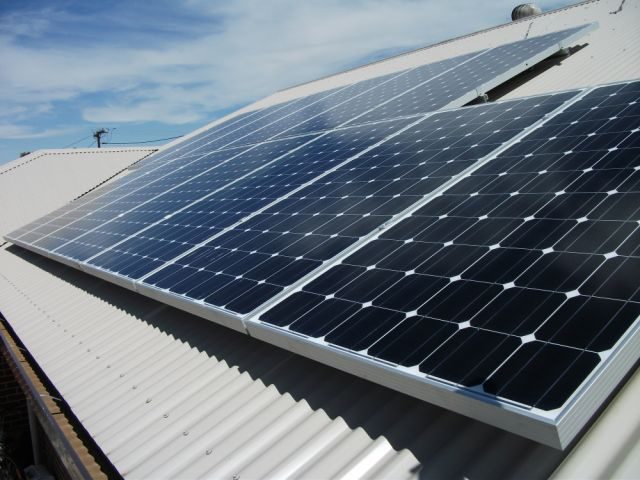In today’s fast-paced world, electricity has become an indispensable part of our lives. From powering our homes to fueling industries and driving technological advancements, electricity is at the heart of modern civilization. However, the convenience of electricity comes at a cost, and it’s high time we address the environmental impact of our excessive electricity consumption. In this article, we will delve into the consequences of unrestrained electricity use and explore sustainable alternatives to mitigate its environmental harm.
The Growing Demand for Electricity
As the global population continues to increase, so does the demand for electricity. Our homes are filled with an ever-expanding array of electronic gadgets, and industries are relying heavily on machinery and technology to boost productivity. Consequently, electricity consumption has skyrocketed in recent years, leading to a surge in greenhouse gas emissions and other environmental issues.
Carbon Footprint of Electricity Generation
One of the most significant contributors to the environmental impact of electricity use is the method of generation. Traditional power plants, particularly those that rely on fossil fuels like coal and natural gas, release vast amounts of carbon dioxide (CO2) into the atmosphere. This greenhouse gas is a major driver of climate change, contributing to rising global temperatures, extreme weather events, and the melting of polar ice caps.
Air Pollution and Public Health
In addition to CO2 emissions, power plants also release other harmful pollutants into the air, such as sulfur dioxide (SO2), nitrogen oxides (NOx), and particulate matter. These pollutants can lead to a range of health problems, including respiratory issues, cardiovascular diseases, and even premature death. Vulnerable communities, often located near these power plants, bear the brunt of these health hazards.
Depletion of Natural Resources
The generation of electricity also places immense pressure on our planet’s finite natural resources. Fossil fuels, which are the primary source of electricity in many regions, are not only responsible for air pollution but also for the depletion of non-renewable resources. The extraction of coal and natural gas, for example, disrupts ecosystems and poses risks to local wildlife.
The Urgency of Transitioning to Renewable Energy
To combat the environmental impact of excessive electricity use, a transition to renewable energy sources is imperative. Renewable sources like solar, wind, and hydroelectric power produce electricity with minimal to no greenhouse gas emissions. Additionally, these sources are virtually inexhaustible, making them sustainable in the long term.
Solar Power: Harnessing the Sun’s Energy
Solar power is one of the most promising renewable energy sources. Solar panels capture energy from the sun’s rays and convert it into electricity. This technology has seen significant advancements in recent years, making it more affordable and efficient. Installing solar panels on residential and commercial properties can not only reduce electricity bills but also contribute to a greener planet.
Wind Energy: Capturing the Power of the Wind
Wind turbines are another eco-friendly option for electricity generation. They harness the kinetic energy of the wind and transform it into electrical power. Wind farms are increasingly common in many countries, providing clean energy to local communities and reducing the reliance on fossil fuels.

Hydroelectric Power: The Energy of Flowing Water
Hydroelectric power utilizes the force of flowing water to generate electricity. Dams and turbines are used to convert the energy of rivers and streams into electrical power. While this method has been in use for decades, modern technology has made it more efficient and environmentally friendly.
Energy Conservation: A Collective Responsibility
Transitioning to renewable energy sources is undoubtedly crucial, but individual and collective efforts to conserve electricity are equally important. Simple steps like turning off lights when not in use, using energy-efficient appliances, and insulating homes can significantly reduce electricity consumption. Check out this recommended site to get more important informatio about the impact of excessive electricity use.
Conclusion: A Sustainable Future
The environmental impact of excessive electricity use is undeniable, but we have the power to change course. By embracing renewable energy sources and adopting energy-efficient practices, we can pave the way for a more sustainable future. It’s time to recognize that our actions today will shape the world our children and grandchildren inherit. Let’s choose a path that preserves the planet and ensures a brighter tomorrow.
